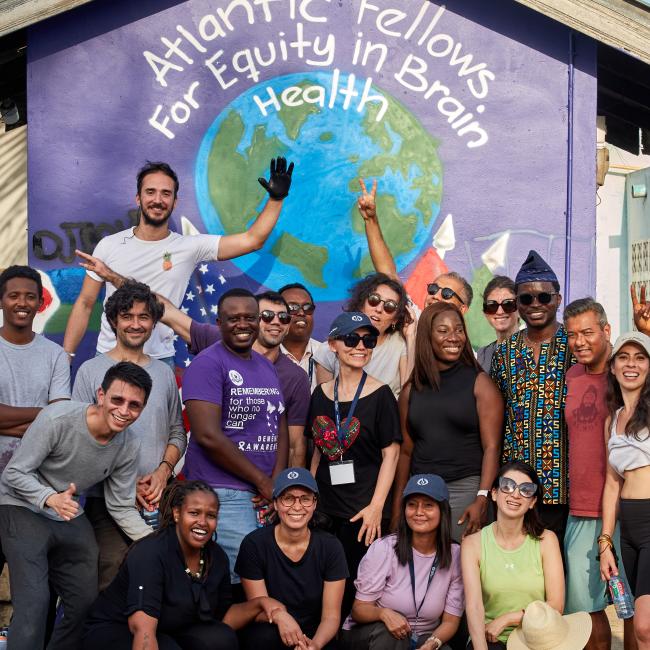Smartphones and the Neuroscience of Mental Health
Annu Rev Neurosci. 2021 Jul 8;44:129-151. doi: 10.1146/annurev-neuro-101220-014053. Epub 2021 Feb 8.
ABSTRACT
Improvements in understanding the neurobiological basis of mental illness have unfortunately not translated into major advances in treatment. At this point, it is clear that psychiatric disorders are exceedingly complex and that, in order to account for and leverage this complexity, we need to collect longitudinal data sets from much larger and more diverse samples than is practical using traditional methods. We discuss how smartphone-based research methods have the potential to dramatically advance our understanding of the neuroscience of mental health. This, we expect, will take the form of complementing lab-based hard neuroscience research with dense sampling of cognitive tests, clinical questionnaires, passive data from smartphone sensors, and experience-sampling data as people go about their daily lives. Theory- and data-driven approaches can help make sense of these rich data sets, and the combination of computational tools and the big data that smartphones make possible has great potential value for researchers wishing to understand how aspects of brain function give rise to, or emerge from, states of mental health and illness.
PMID:33556250 | PMC:PMC9107341 | DOI:10.1146/annurev-neuro-101220-014053





